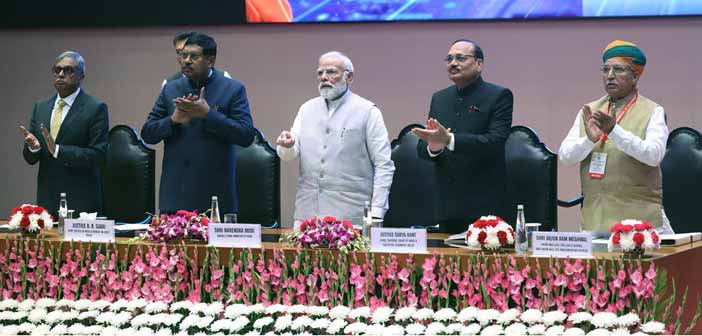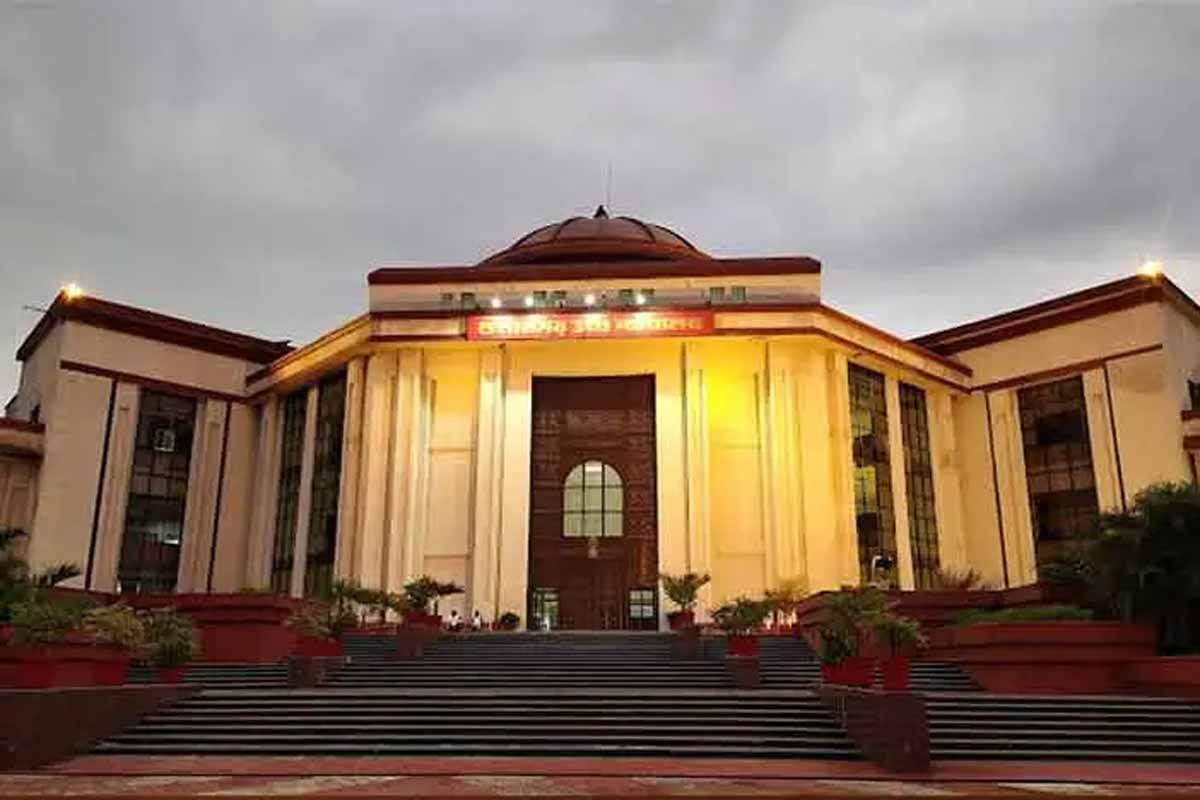In a significant move, California Governor Gavin Newsom has vetoed the anti-caste discrimination bill, which had been recently passed by the state assembly. The governor’s decision to veto the bill has been welcomed by a large segment of the Indian-American community who opposed it, citing that existing laws already prohibit caste-based discrimination in the state. This article explores the reasons behind the governor’s veto and the reactions from various groups.
The Existing Civil Rights Protections
Governor Newsom emphasized that California already has robust laws in place to prohibit discrimination based on race, color, religion, ancestry, national origin, disability, gender identity, orientation, and other characteristics.
These civil rights protections are liberally construed and include provisions to address discrimination based on caste. Therefore, the addition of a specific provision addressing caste discrimination through the proposed bill was deemed unnecessary.
The Governor’s Decision: Given the existing protections against caste discrimination, Governor Newsom expressed his inability to sign the bill, known as SB403. The bill sought to include “caste” and other dimensions of ancestry under the definition of “ancestry” in the Fair Employment and Housing Act, the Unruh Act, and the Education Code. However, the governor’s veto effectively prevented an amendment that many felt would have led to targeting the South Asian community and Hindus in the state.
READ:IAF gets first twin-seater trainer version of LCA Tejas fighter
Reactions to the Veto
The opponents of the bill hailed Governor Newsom’s decision, considering it a historic one. Organizations such as Castefiles praised the governor for vetoing SB403, which they believed would have added discriminatory notes to the Civil Rights Act. They described the decision as a recognition of the fight against fake caste narratives and a victory for democracy in America.
Samir Kalra, the managing director of the Hindu American Foundation, supported the governor’s veto, calling it a crucial step to avert a civil rights and constitutional disaster. Kalra asserted that the bill would have targeted hundreds of thousands of Californians based on their ethnicity or religious identity, potentially paving the way for more discriminatory laws.
READ:X-66A: RTX-Boeing partner for NASA’s Sustainable Flight Demonstrator Project
Gratitude from the Community
Leading democrat Ajay Bhutoria expressed his gratitude to Governor Newsom for vetoing the bill, hailing it as a momentous development. Bhutoria, along with Rakesh Kapur from Boston, had urged the governor to veto the bill during a DNC event in Chicago. They deemed the legislation redundant and unnecessary and praised the power of constructive dialogue and collaboration in influencing the governor’s decision.
A Collective Effort for Equality
The veto of SB403 represents a culmination of efforts from the Hindu American community and various organizations, temples, businesses, and allies that fought against profiling. These groups stood united against the lies, insinuations, and wild accusations, ultimately prevailing in the quest for equal treatment and protection against discrimination.
READ:New form for filing Income Tax Returns
Governor Newsom’s veto of the anti-caste discrimination bill showcases the commitment of California to upholding existing civil rights protections. By recognizing the redundancy of the proposed bill and the potential negative impact it could have had, the governor has taken a stance for equality. This veto not only protects the rights of Californians but also sends a powerful message to the Indian-American community and beyond that discrimination based on caste has no place in a diverse and inclusive society.















